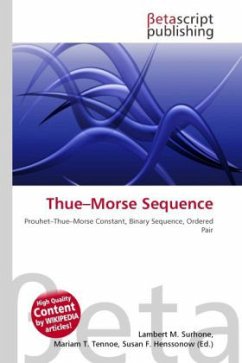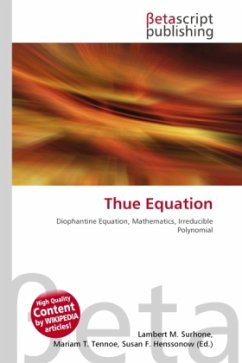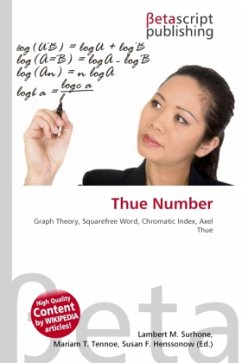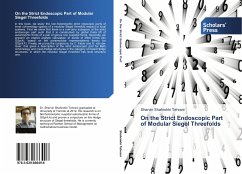
Thue Siegel Roth Theorem
Versandkostenfrei!
Versandfertig in 6-10 Tagen
19,99 €
inkl. MwSt.

PAYBACK Punkte
10 °P sammeln!
High Quality Content by WIKIPEDIA articles! In mathematics, the Thue Siegel Roth theorem, also known simply as Roth's theorem, is a foundational result in diophantine approximation to algebraic numbers. It is of a qualitative type, stating that a given algebraic number may not have too many rational number approximations, that are 'very good'. Over half a century, the meaning of very good here was refined by a number of mathematicians, starting with Axel Thue, and continuing with work of Carl Ludwig Siegel. Klaus Roth's theorem dates from 1955.












